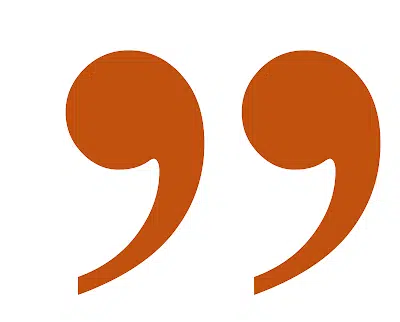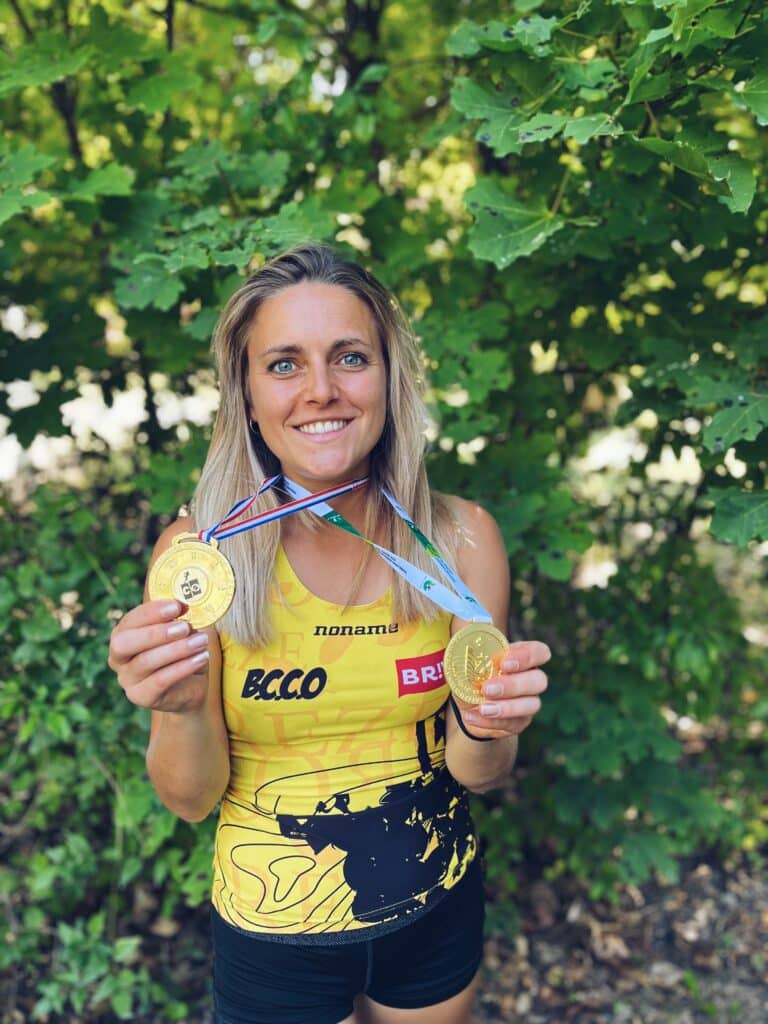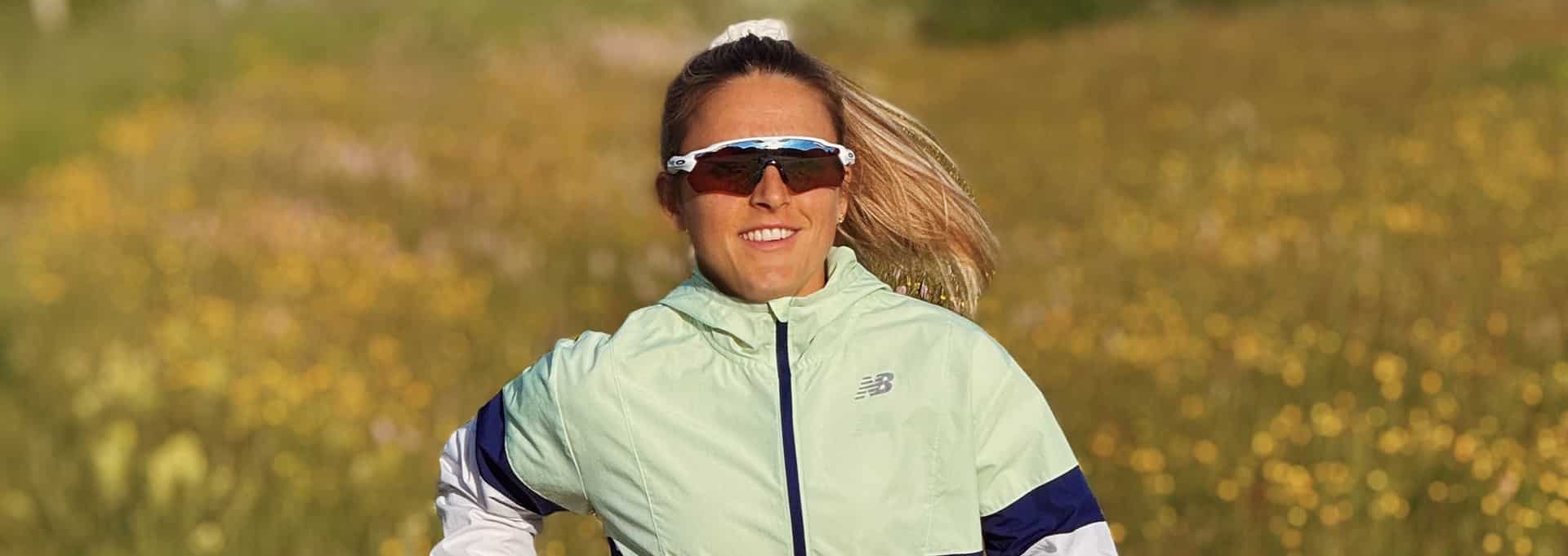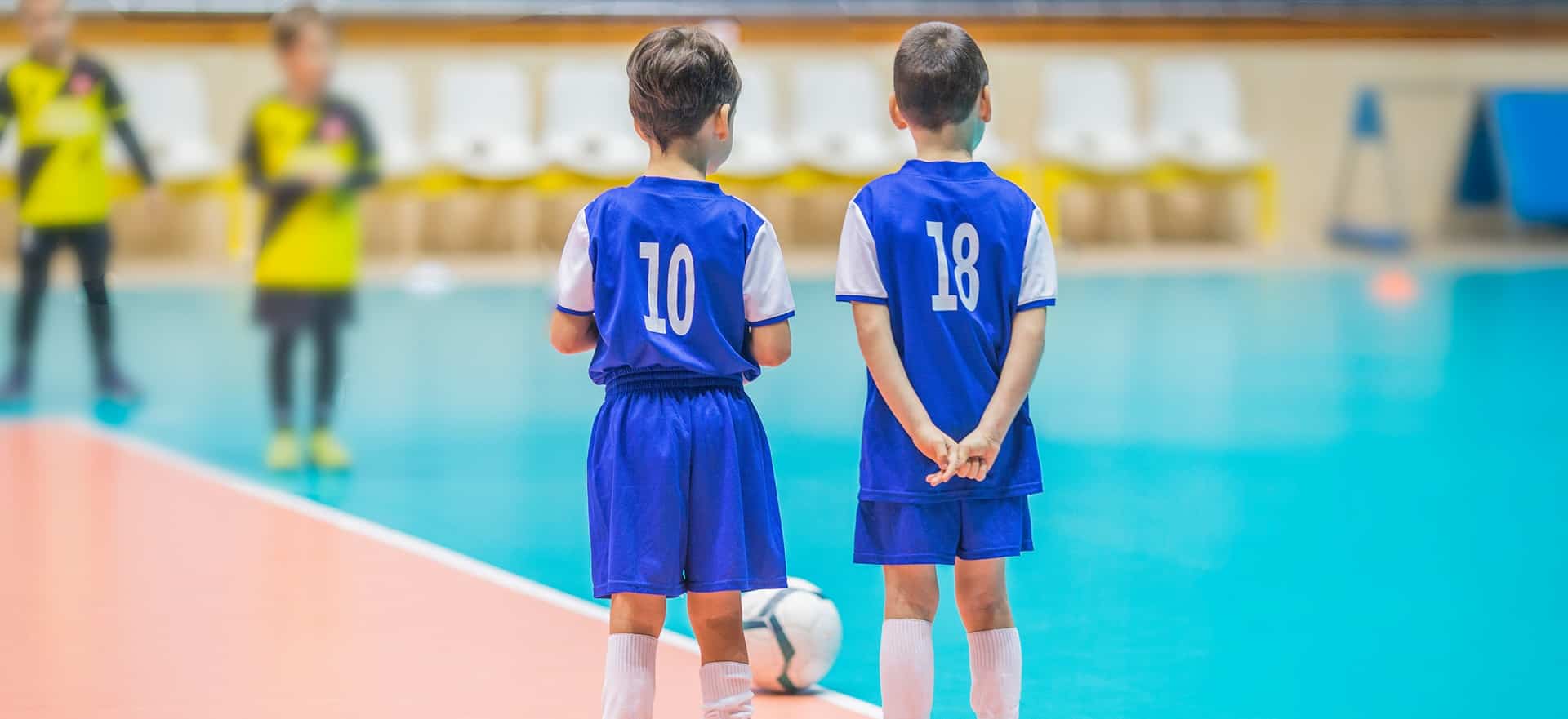Fail to succeed
Maelle Beauvir: In top-level sport, the climb to success is punctuated by challenges and questioning, and despite highlighting the glorious moments, sharing the difficulties overcome is crucial to understanding the path to success.
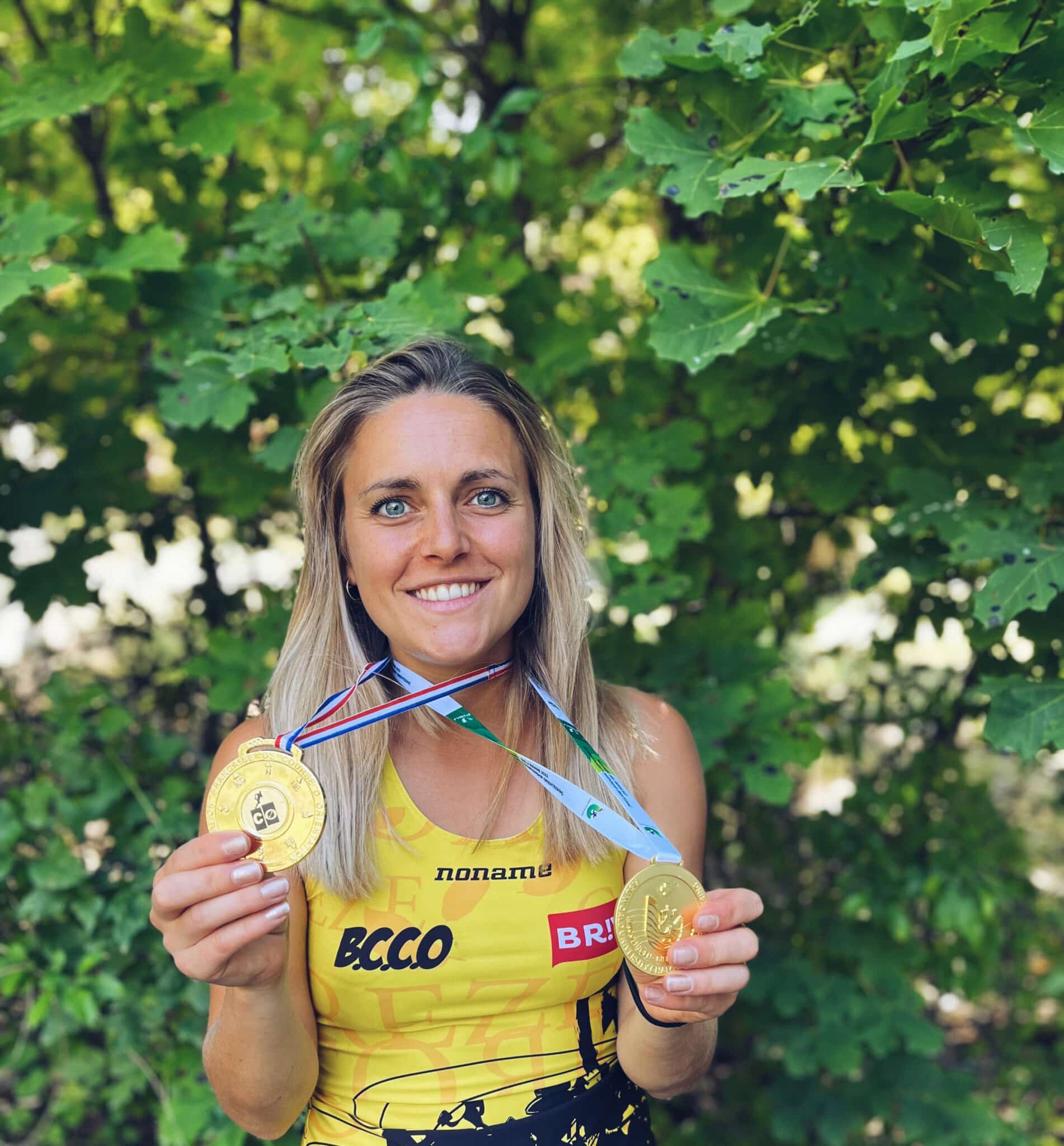
In the last article I explained my sport and my dual project.
Today, I'd like to open up a little more to you, on an aspect that relates to the professional world such as yours.
In top-level sport, there are highs, but also many lows. On our networks or podcasts, we often talk about our best memories, our great performances and so on. But getting to this point didn't happen overnight, without obstacles or questioning. That's why I've decided to share with you some of my difficulties, but also how I managed to overcome them.
By what means? Which tools?
A year ago, I was confronted with stress. Not the kind that raises your heart rate or makes you feel sick to your stomach (I've lost count of the number of times that's happened to me 😉 ). But the stress that knocks you off your feet, prevents you from thinking properly and makes you forget how to do what you've rehearsed a thousand times in training. Do you get it? Have you ever experienced this at work? It's "normal" and can be dealt with.
Why is this "normal"?
When you put a lot of effort into sport or work, when you've been preparing for a goal for several months or even a year, you want it to be as successful as possible.
That's what happened to me at the 2022 World Championships. As a result, for the first time since my cadet days, I wasn't selected for THE competition of the year.
Big void. Incomprehension. Questioning. Then resilience.
Indeed, today, when I look back, this difficulty brought me much more than a victory.
But how do you achieve this resilience?
One of the keys to my sporting project was mental preparation. This support has done me a world of good.
Not only in my daily well-being, but also and above all in my understanding of the issues at stake, both sporting and professional.
With her, I learned to identify my strengths and weaknesses. I've put my feelings into words, and in so doing, I've understood what I really want and who I am in my day-to-day life.
In the 5 years I've spent with her, I've built up a small palette of tools that help me deal with some of these situations.
Every week, I continue to train myself mentally through breathing exercises, "organization", visualization, etc. Like you, I have a busy schedule, but I assure you that taking 5 min of time for yourself when everything is speeding up will save you a lot more time afterwards 😉
Start with 5 minutes of cardiac coherence a day (in the evening before going to bed, in transport, before an important meeting, etc.) and after a few weeks you'll notice the positive effect it has on you.
Today, mental preparation and psychology are essential to my practice and my life. In 2022, following my "non-selection", it gave me a new lease of life. I was able to bounce back, and within a month I had achieved my best results ever(World U team champion and French champion).
So obviously it doesn't happen like that every time I fail (that would be too easy 😉 ). Missing a race is never easy for an athlete. But I've decided to turn it into an advantage since I have the tools to do so.
So, if you see the need, I can only encourage you to start this mental work, because in the end, the hardest part is always the first step 😉
And what tips do you have for moving forward and rebuilding in the face of failure? Don't hesitate to contact me to share them!
In my next article, after a look back at our beautiful SaintéLyon relay, I'll tell you inside about our preparatory courses, which took us to Tenerife for the occasion!
